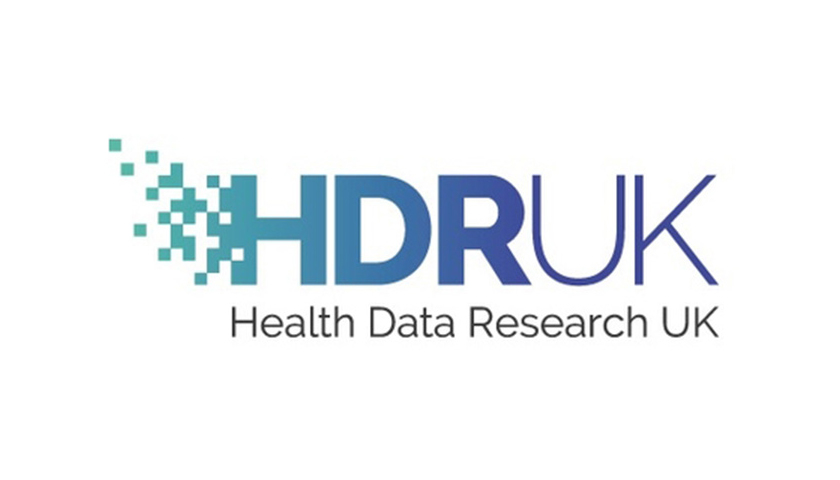Health Data Research UK, the UK’s national health data science institute, is launching a campaign to highlight the potential of big data to address long-standing inequalities faced by people affected by mental health conditions.
Poor mental health is the biggest cause of ill health, affecting almost everyone at some point in their lives.1
Moreover, the considerable links between physical and mental health are often overlooked, with research showing this failure contributes to a 10 to 20-year shorter life expectancy for people with serious mental health conditions.2
The situation is challenging but the UK is home to some of the best data in the world which researchers across the Health Data Research UK community are harnessing to better understand and improve the lives of people with mental health conditions.
Ahead of World Mental Health Day on 10th October, HDR UK is launching a campaign focussed on the important role that data can play in reducing mental health care inequalities.
Through their work, HDR UK’s community of experts is:
- Building more diverse and inclusive datasets that can be used ethically and resposibly to help address long-standing inequalities faced by people with mental health conditions
- Enabling innovative data science to radically improve our understanding of and care for mental health conditions
- Training the next generation of mental health-focused data science experts to future-proof progress in improving mental health
Importantly, they’re doing this in partnership with people with lived experiences of mental health conditions who are helping to shape HDR UK’S work so it is done with the interests of the people who will most benefit from it.
Professor Ann John, Co-Director of HDR UK’s data hub for mental health, DATAMIND, said:
“The UK has a genuine opportunity to be world-leading in mental health data science, and the work of organisations like HDR UK and DATAMIND is making exciting progress towards this ambition.
“By working together with the public, patients, researchers, industry and the NHS we’re transforming both our understanding of mental health and the lives of people experiencing mental health problems. By creating a hub where researchers and others can find and use mental health data, we can actively benefit patients and the public, and improve care.”
Alastair, a public advisor for HDR UK’s work, said:
“I’ve had depression and anxiety for the best part of 15 years and it always felt like it was something happening to me that I didn’t have control over.
“Being asked to get involved in HDR UK’s work has given me a chance to have a say about my own data but also helped me grow my confidence and meet other people who also have similar conditions which I haven’t really done before.”
Over the next three weeks, the institute will be inviting researchers, mental health professionals and members of the public with an interest in mental health to join them in celebrating progress in mental health data research, and to discuss what more can be done to harness data to improve care.
Get involved at hdruk.ac.uk/mentalhealth
